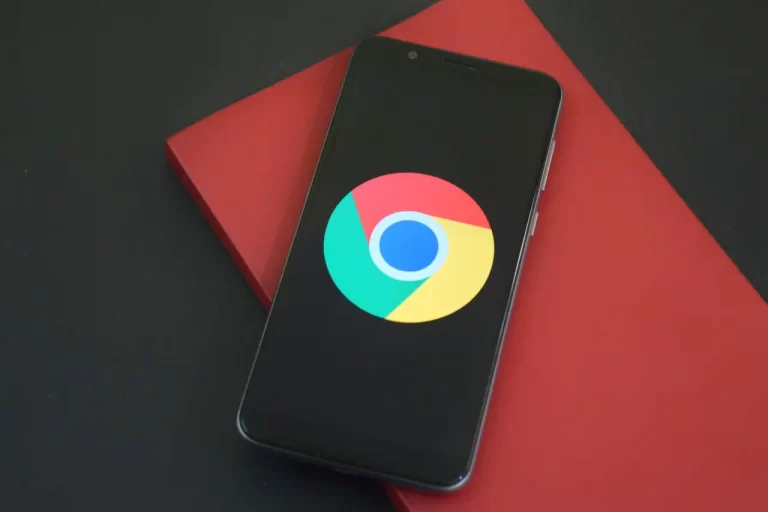During this week’s Google I/O 2018 event at the Shoreline Amphitheatre, an outdoor venue in Mountain View, California, the company announced a great number of changes and new features, like the release of the Android P Beta Program, new Google Assistant features, changes in Gmail and many others.
Security is a trending topic, and Google, looking to improve the Android ecosystem. This isn’t something new, as Project Treble was introduced as part of Android 8.0 Oreo, representing a major re-architecture for the OS framework.
The initiative’s ultimate aim was to make updates faster and easier for OEMs to roll out to devices. Treble is arguably one of the biggest changes introduced to Android, invisible to the end user.
The project is considered a success and has proven that it’s capable of making the update process run smoothly. Google is now stepping up the requirements for OEM manufacturers, forcing them to apply security patches.
During the “What’s new in Android security”, Google’s head of Android platform security, David Kleidermacher announced some of the changes coming to the company’s security policy that will effectively require OEM’s to roll out security patches:
We’ve also worked on building security patching into our OEM agreement. Now this will really lead to a massive increase in the number of devices, and users, receiving regular security patches.
David Kleidermacher – Google’s Head of Android Security
This is the first time Google has made of security patches a requirement, and part of the agreement. Currently, while some OEM’s push out updates to some extent, many don’t, and users are usually left unprotected at the mercy of well known exploits.
Should you have any questions left regarding this article, or if you want to discuss it with other users, feel free to leave a comment.







